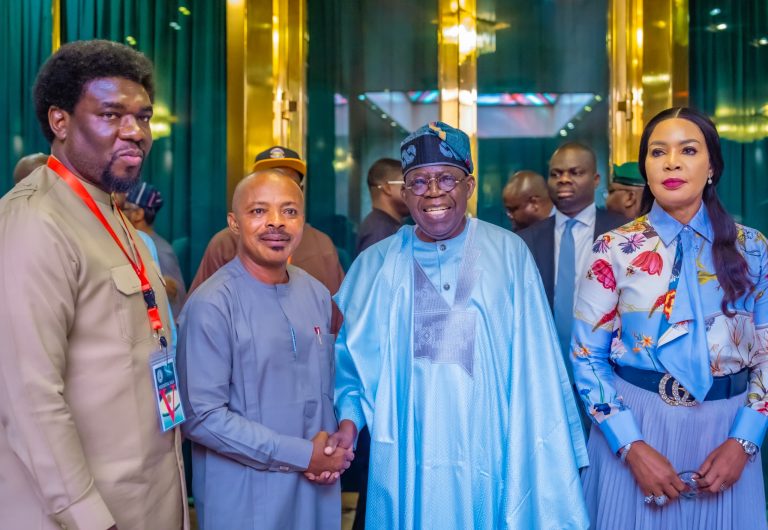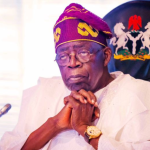The National Assembly will receive an executive bill on the new national minimum wage on Tuesday following an agreement between President Bola Tinubu and labor leaders for higher remuneration for workers.
During a meeting at the Aso Presidential Villa, Abuja, President Tinubu and the presidents of the Nigeria Labour Congress (NLC) and the Trade Union Congress of Nigeria (TUC), Joe Ajaero and Festus Osifo respectively, agreed on N70,000 as the new national minimum wage. This wage will replace the N30,000 minimum wage that expired on April 18, 2024.
Special Adviser to President Tinubu on Information and Strategy, Bayo Onanuga, confirmed that the lawmakers would receive the executive bill by Tuesday. He stated, “The minimum wage will reach the National Assembly by Tuesday. He (President Tinubu) told labor in the meeting that it will be ready by Tuesday.”
President Tinubu emphasized his commitment to improving workers’ conditions and proposed a review of the minimum wage every three years. “Yes, no one in the federal establishment should earn less than N70,000. So, we are going to benchmark at N70,000,” he declared.
The Tripartite Committee on the New National Minimum Wage, established in January, had submitted two separate figures due to disagreements among stakeholders. While the government team and organized private sector proposed N62,000, organized labor demanded N250,000. The President held meetings with various stakeholders to harmonize these figures before finalizing the executive bill.
Minister of Information and National Orientation, Mohammed Idris, hailed the agreement as a significant step for Nigeria. He announced additional government commitments, including the payment of withheld salaries of the Senior Staff Association of Nigerian Universities (SSANU) and the Non-Academic Staff Union of Universities (NASU), investments in infrastructure and renewable energy, and the acquisition of more Compressed Natural Gas (CNG) buses to support the nation’s transition to cleaner energy.
Idris praised labor leaders for their patriotism, stating, “We are happy. We are very thankful for the role that organized labor has played today.”
Minister of State for Labour and Employment, Nkeiruka Onyejeocha, highlighted President Tinubu’s directive for a three-year review of the minimum wage policy and the resolution of SSANU and NASU payment issues.
NLC President Ajaero expressed mixed feelings about the agreement but noted the importance of the three-year review clause. TUC President Osifo commended President Tinubu’s intervention and urged swift passage of the minimum wage bill by the National Assembly.
The Organised Private Sector of Nigeria (OPSN) praised the President for concluding the minimum wage negotiations and called for the promised government support to reduce the economic burden on the private sector.
However, the People’s Democratic Party (PDP) criticized the N70,000 minimum wage as inadequate, urging for a higher figure to meet workers’ needs. Conversely, the Labour Party and the New Nigeria People’s Party (NNPP) lauded the agreement, emphasizing the need for continuous dialogue and economic management.
The new minimum wage agreement marks a significant step in addressing workers’ remuneration in Nigeria, with the promise of further reviews and economic reforms.




